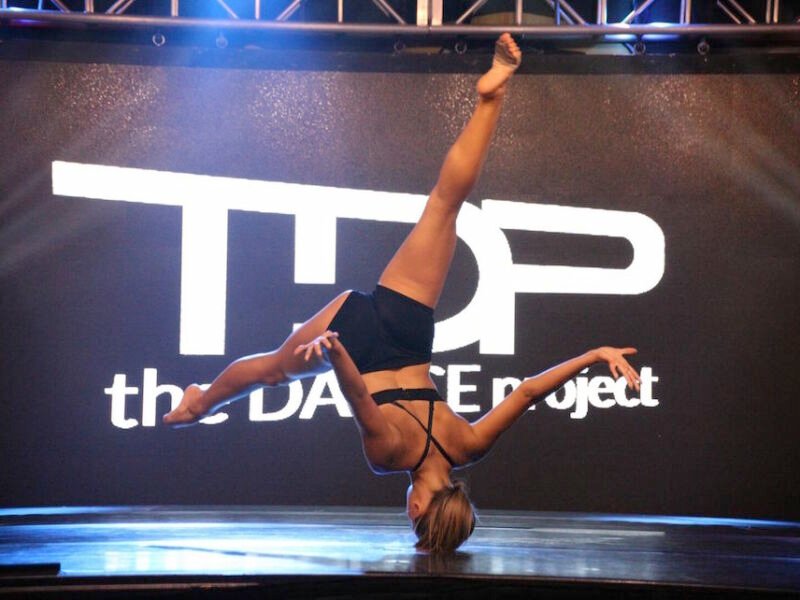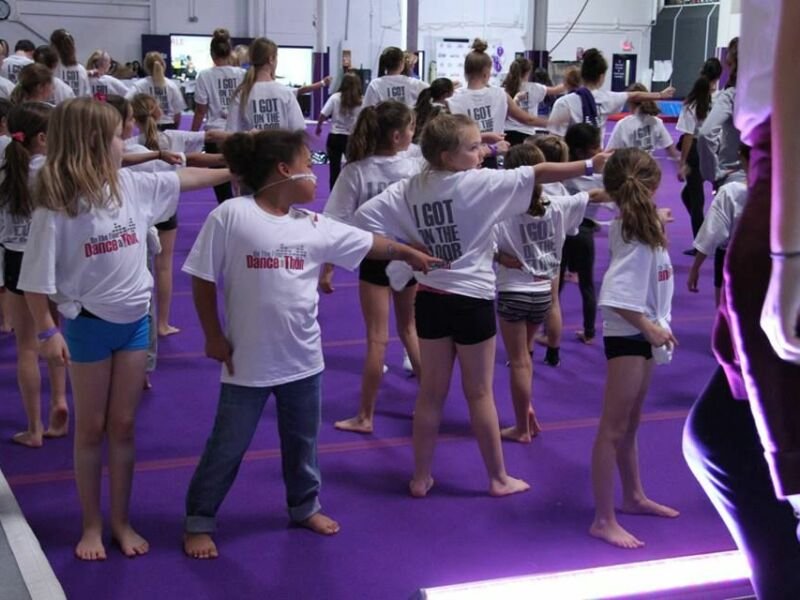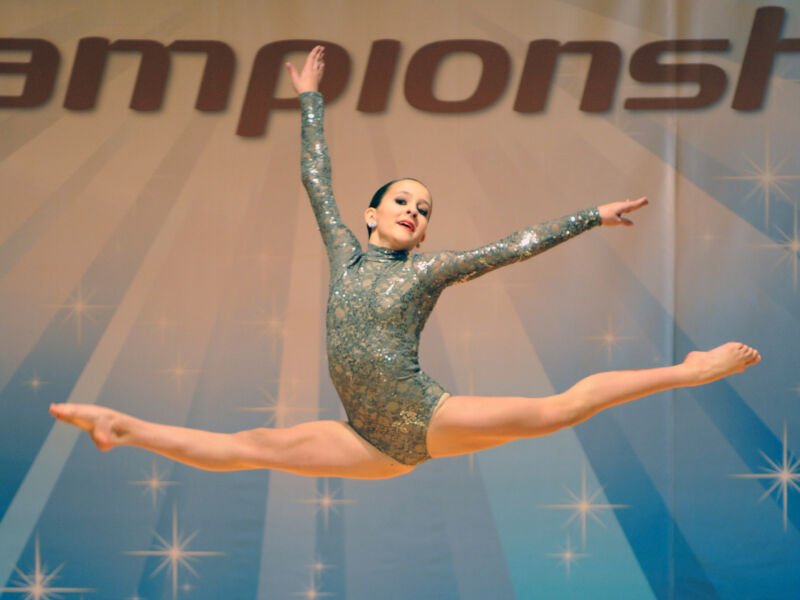
Introduction
Are you a passionate dancer looking to showcase your skills and compete in a dance competition? Participating in dance competitions can be an exciting and rewarding experience for dancers of all levels. However, with so many options available, it can be challenging to find the perfect dance competition that suits your style, level, and goals. In this article, we will explore various factors to consider when searching for the ideal dance competition and provide you with valuable tips and advice to help you make the right choice.
1. Define Your Goals and Preferences

Before embarking on your search for a dance competition, take some time to reflect on your goals and preferences. Consider the following:
- What styles of dance do you excel in or enjoy the most?
- Do you prefer solo, duet, or group performances?
- Are you looking for a local or international competition?
- What level of competition do you feel comfortable with?
Understanding these aspects will help you narrow down your options and find a competition that aligns with your aspirations.
2. Research Dance Competitions
Once you have a clear idea of your goals and preferences, it’s time to start researching dance competitions. Here are some sources to consider:

- Online directories and databases for dance competitions.
- Dance magazines and publications that feature upcoming competitions.
- Local dance studios and organizations that host or recommend competitions.
Make a list of potential competitions and gather as much information as possible about each one. Pay attention to their reputation, judging criteria, entry fees, and any specific rules or requirements.
For further information and insights, check out these relevant articles:
- Sequins and Soul-Searching in the Competitive Dance World
- What Dance Competitions Really Mean To Dancers
- Dance Competitions Explained – Everything You Want To…
- How Do Dance Competitions Work? – QC Dance Studio
3. Consider Your Skill Level
It’s essential to choose a dance competition that is appropriate for your skill level. Some competitions cater to beginners and recreational dancers, while others focus on advanced and professional dancers. Review the competition’s guidelines and requirements to ensure that you will be competing against dancers of similar ability. Participating in a competition that matches your skill level will provide a fair and rewarding experience.
4. Evaluate the Judging Criteria
The judging criteria of a dance competition play a significant role in determining the winners. Look for competitions that have well-defined and transparent judging criteria. This way, you can ensure that your performance will be evaluated based on aspects that are important to you, such as technique, artistry, musicality, and stage presence. Understanding the judging criteria will help you adapt your choreography and performance to maximize your chances of success.
5. Consider Location and Travel
When selecting a dance competition, consider the location and travel requirements. If you prefer a local competition, search for events in your area or nearby cities. This will minimize travel costs and make it easier for your friends, family, and supporters to attend. However, if you are open to traveling, you can explore national or international competitions that offer a unique experience and exposure to different dance styles and cultures. Keep in mind the logistical aspects such as transportation, accommodation, and any visa requirements for international travel.
6. Connect with Fellow Dancers and Instructors
Reach out to fellow dancers, instructors, and dance communities for recommendations and insights. They might have valuable firsthand experience with specific competitions or know of upcoming events worth considering. Connecting with others in the dance community can also provide you with additional support, motivation, and networking opportunities.
7. Research Past Competitions and Winners
If possible, research past editions of the dance competitions you are interested in. Look for videos, reviews, and feedback from previous participants and winners. This will give you an idea of the competition’s overall quality, atmosphere, and level of talent. It can also help you identify any recurring strengths or weaknesses in your own performances that you need to work on to succeed.
8. Calculate Costs and Budget
Participating in dance competitions often involves various costs, such as entry fees, costumes, travel expenses, and accommodation. Create a budget and estimate the total cost of your participation in each competition on your list. Consider your financial resources and prioritize the competitions that align with your budget. Don’t forget to account for any additional expenses, such as workshops, masterclasses, or extra training to prepare for the competition.
9. Seek Feedback and Advice
Before making a final decision, seek feedback and advice from your dance instructor or mentor. They can provide valuable insights into your readiness for specific competitions and offer guidance on which events would be most beneficial for your dance journey. Don’t hesitate to ask for constructive criticism and areas of improvement to enhance your overall performance.
10. Register and Prepare
Once you have identified the perfect dance competition for you, it’s time to register and start preparing. Follow the registration instructions provided by the competition organizers and ensure that you meet all the deadlines. Prepare your choreography, select suitable music, and dedicate ample time to rehearsing and refining your performance. Take advantage of the resources, articles, and guides available online and in dance studios to enhance your skills and increase your chances of success.